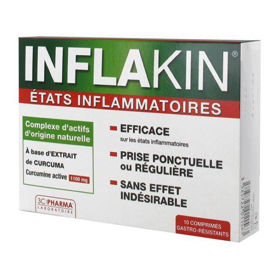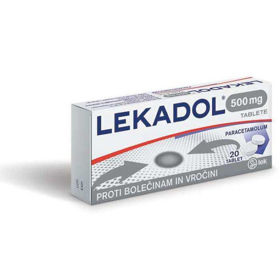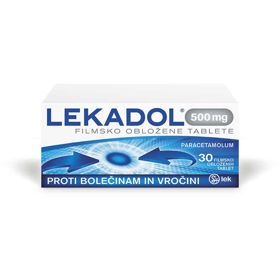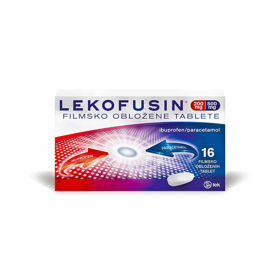Customer question:
Inflammation of coastal cataract and cartilage inflammation - what is the problem? Question from an anonymous customer
Pharmacist's answer:
Osteochondritis is the medical term for cartilage inflammation that connects your ribs to your sternum. This area is known as the costochondral joint.
Costochondritis is sometimes known as chest wall pain syndrome, costosternal syndrome, or costosternal chondrogenic. Costochondritis may improve independently after a few weeks, although it may take several months.
The condition does not cause permanent problems, but it can sometimes recur. For example, when the costochondral joint becomes inflamed, it can cause sharp pain and tenderness in the chest, which can develop gradually, or the discomfort can start suddenly.
Certain positions can aggravate pain - for example, lying down, pressure on the chest - and, for example, using a seat belt, hugging, deep breathing, coughing and sneezing, and physical activity.
Over-the-counter pain relievers such as ibuprofen can relieve the pain of costochondritis. However, if you have severe pain that does not improve over time, your doctor may offer a steroid injection to reduce inflammation or a local anesthetic to relieve pain.
It is not yet known precisely what causes costochondritis, but it can occur:
- in case of chest injury,
- with repeated movements of the upper body - such as lifting and prolonged coughing,
- sometimes it can be the result of a problem with the joints in the back area,
- result of another underlying condition, such as fibromyalgia or rheumatoid arthritis.
- It can also be the result of an infection.
If you have symptoms of costochondritis, your GP will examine and palpate the upper chest area around the costochondral joint. He will ask you when and where your pain occurs and look at your medical records.
A few tests may be needed to rule out other possible causes of chest pain before a diagnosis is confirmed.
These may include:
- electrocardiogram (ECG)
- Blood test to check for signs of underlying inflammation
- X-ray of the chest
Self-help
Osteochondritis can be aggravated by any activity that stresses the chest, such as strenuous exercise or simple movements, such as reaching for a tall cabinet or lying down and sleeping in a particular position. Avoid any activity that worsens the pain in the chest area until the rib and cartilage inflammation has improved. Regular heating of the painful area is recommended.
Painkillers
Pain relievers can be used to relieve mild to moderate pain. Taking NSAIDs – such as ibuprofen and naproxen – can also help control pain and swelling.
A suitable alternative is aspirin, but it should not be given to children under 16. These drugs are available in pharmacies without a prescription, but you must carefully read the attached instructions before use.
NSAIDs are not suitable for people with certain medical conditions, including:
- asthma,
- gastric ulcer,
- high blood pressure,
- kidney or heart problems.
Corticosteroid injections
Corticosteroids are potent medications that can help reduce pain and swelling. They can be injected into and around the costochondral joint to relieve the symptoms of costochondritis. Corticosteroid injections may be given if your pain is severe or if non-steroidal anti-inflammatory drugs are not suitable or ineffective.
Interesting reading: Baking soda bladder inflammation
Interesting reading: What antibiotic for bladder inflammation












 Facebook
Facebook
 Instagram
Instagram
 info@moja-lekarna.com
info@moja-lekarna.com

